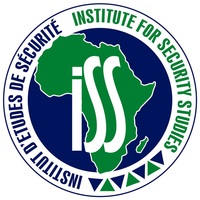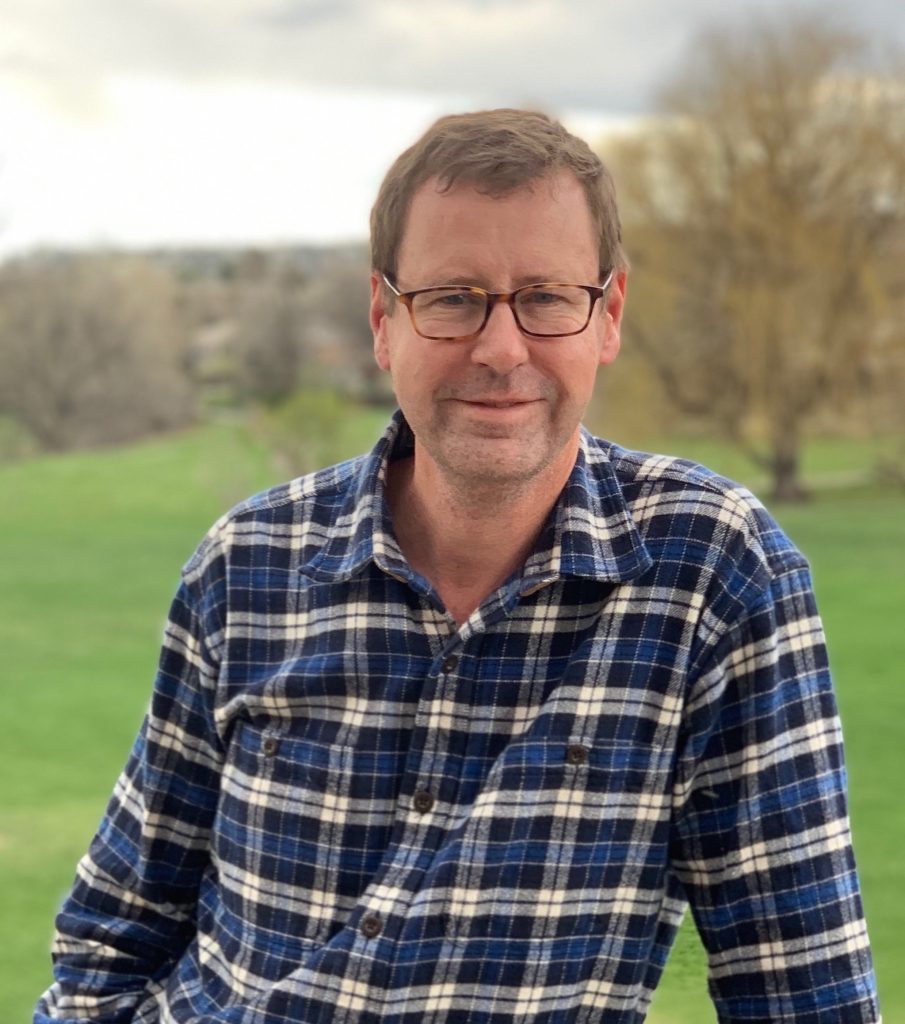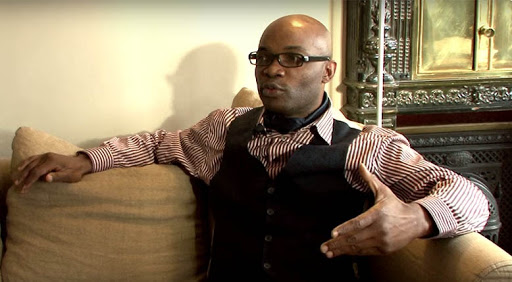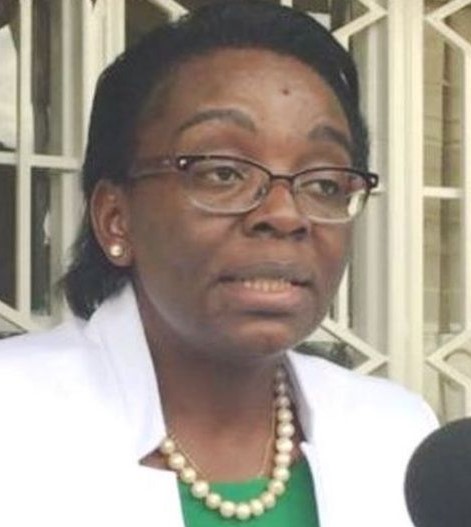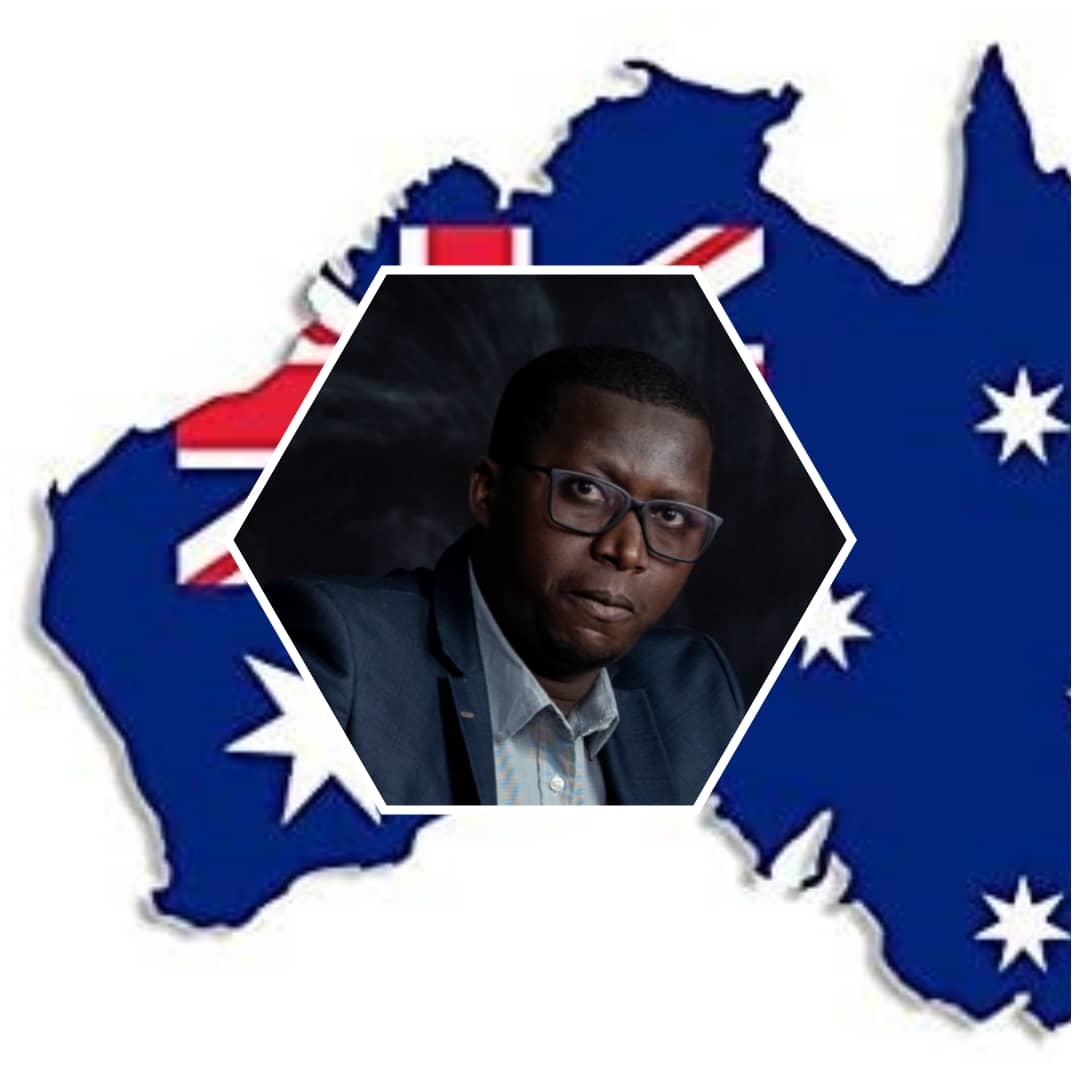International
Hate speech journalists, VIPs in Western media
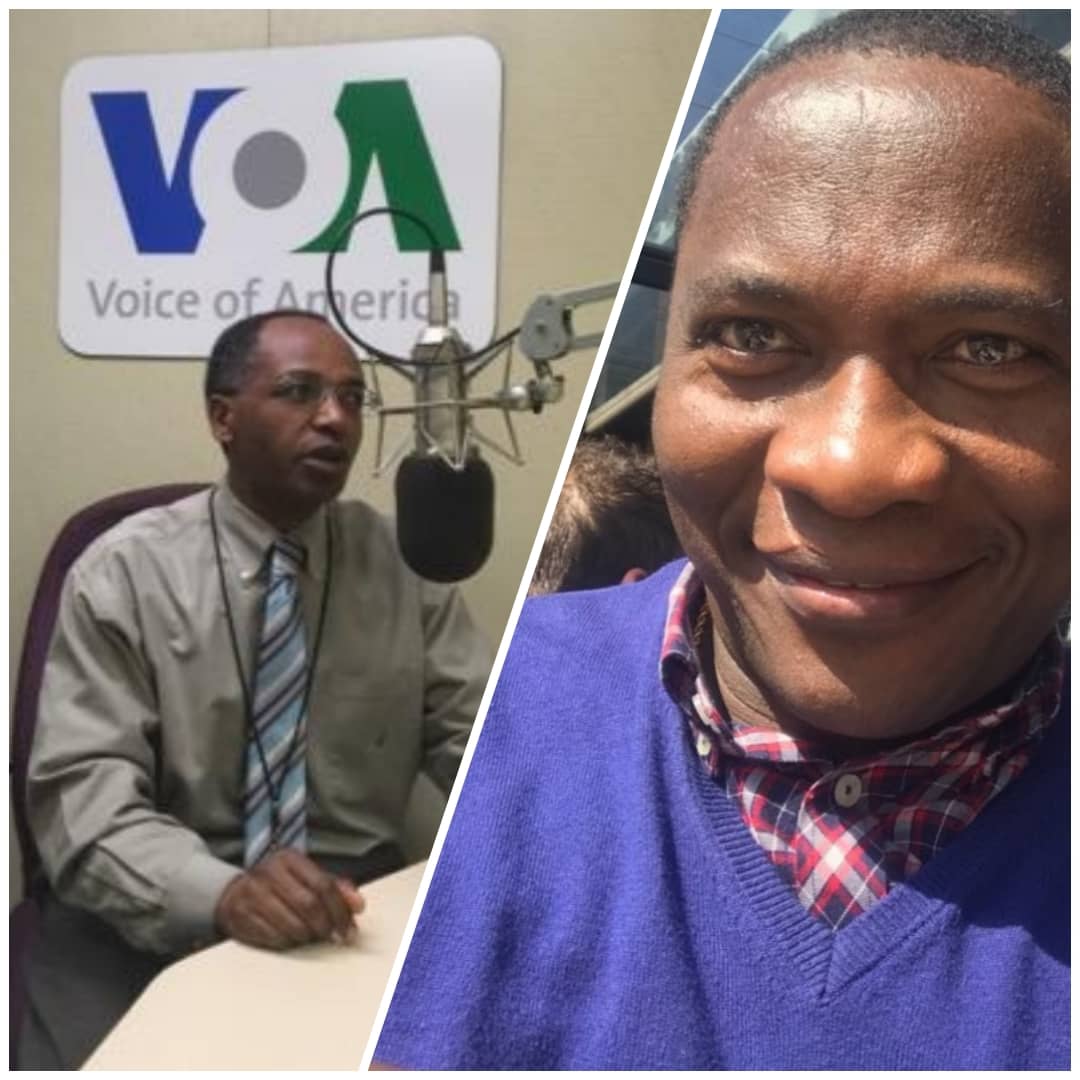
This is the sad tale of Rwandan journalists who previously
worked for hate media in Rwanda and today occupy positions of influence in
Western media organisations. After the
war and genocide against the Tutsi in 1994, a number of those media practitioners
fled to the West. One might have expected that they would be held to account
for inciting genocide and murder, but this did not happen.
Instead of shunning them for such ignominious acts, some
media houses welcomed and hired them. That was the case of Voice of America
(VOA) and the British Broadcasting Corporation (BBC). Though they look like
normal, they have never shed their links to the Hutu Power ideology they spread
before and during the 1994 genocide. This explains why in their coverage of
Rwanda, and the region, they continue to peddle genocide denial and
revisionism.
Two names especially jump into people’s minds: Etienne
Karekezi, and Venuste Nshimiyimana. They both work for the VOA Radiyo Yacu, a branch of the VOA Central Africa Programme. But
Nshimiyimana also worked for the BBC for many years.
Etienne
Karekezi
He was born in former Byumba prefecture, today Gicumbi. He
studied at College Christ Roi, Nyanza in southern Rwanda, and went for higher
education at the National University of Rwanda (NUR). Upon completion of his
studies, he was hired as an editor by Umurwanashyaka,
a mouthpiece of then ruling Mouvemenet Revolutionaire Nationale Pour le
Development (MRND). This paper was part of the extremist publications created
to incite hatred against the Tutsi. Some like Kangura openly called for their
extermination.
In his book, “Rwanda: les medias du genocide” (Rwanda the genocide media” Jean-Pierre Chrétien highlighted what Umurwanashyaka stood for. Umurwanashyaka tried to rebrand MRND as a party devoid of any ethnic, regional coloration, and sought to respond to criticism by the Hutu who were nostalgic of the previous regime and the Parmehutu Party. The aim was to present itself as the party of the Hutu majority.
During the genocide, Karekezi continued to work and he
interviewed several government officials who were involved in the
mass-killings. After the defeat of that government, he fled to the US. He is now Managing Editor at VOA despite his
dark past.
It is difficult to understand why VOA failed to vet Karekezi
and instead hired him without questioning his past activities in Rwanda. He is
today a top executive at VOA, which often used to peddle genocide denial and
revisionism. It is also used as a mouthpiece for detractors of the Rwandan government that VOA deliberately
labels as “opposition leaders”.
Vénuste
Nshimiyimana
He was born in 1973 in Gishamvu Commune, in Southern Butare
Prefecture. He attended Nyakibanda Major Seminary. He is also a graduate of
Open University where he received a Masters’ degree in Social Sciences. He also
studied at Anglia Ruskin College, and the London School of Economics.
Those who know him very well note that he was a close
confidant of President Juvenal Habyarimana. He may have suggested to
Habyarimana to create the Interahamwe militias throughout the country.
Nshimiyimana began his journalistic career as a trainee for
the Rwanda Television in Brussels in 1991. He worked for Radio Rwanda in 1992
before moving to the African Union as a press officer seconded to the Military
Observer Group (UNMOG), then moved to working for Jacques Roger Booh Booh, UN
Special Representative to the Secretary-General and the UN Commander of the
United Nations Assistance Mission for Rwanda (UNAMIR). In 1994, he fled to
Belgium where he continued his career as a journalist. In September 1997, he
moved to London as a producer and broadcaster for the BBC and later worked as
Regional Planning Editor for the BBC.
While at the BBC, in June 2000, Venuste travelled to Mali to
interview Jean Kambanda, who was prime minister of the genocidaire government
in which he spread his hateful Hutu power propaganda behind the atrocious
crimes of genocide against the Tutsi. He is currently VOA Bureau Chief in
London, UK, working closely with Karekezi.
All those who hired Nshimiyimana never queried his dark past. If they did, they would have found that out that he sat on the board of the hateful RTLM radio, largely blamed for inciting the genocide against the Tutsi in 1994. The interview with Kambanda is one among many acts of genocide denial and revisionism the BBC has never apologised for. According to Tom Ndahiro, a genocide scholar, “the BBC never gave a platform to German Nazis after the Holocaust but is very comfortable hosting convicted Rwandan genocide criminals on its airwaves.” These two major media houses, VOA and BBC, have continually helped genocide deniers and revisionists to spread their evil propaganda.
This unethical behaviour probably stems from the fact these
two organisations have at their helm journalists with strong ties to past Hutu
Power ideology. People should not be surprised by the anti- Rwanda stances of
VOA and BBC and their readiness to be used as a conveyor belts for genocide
denial and revisionism.


